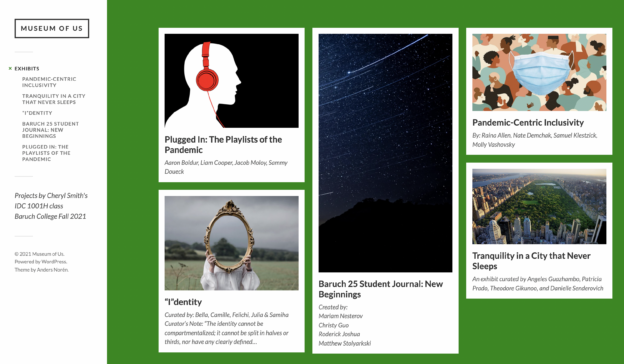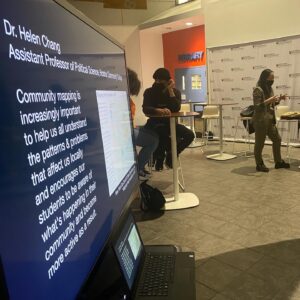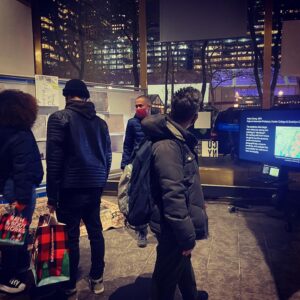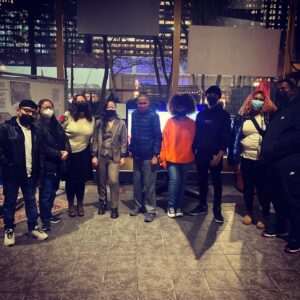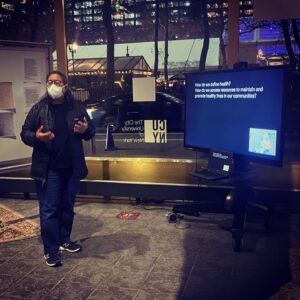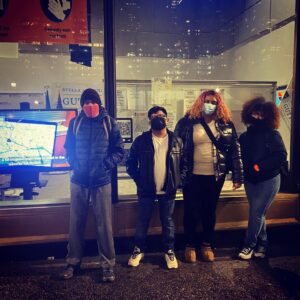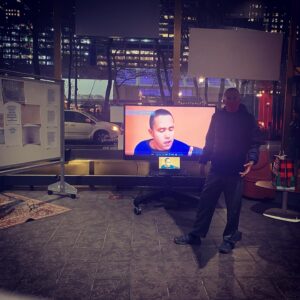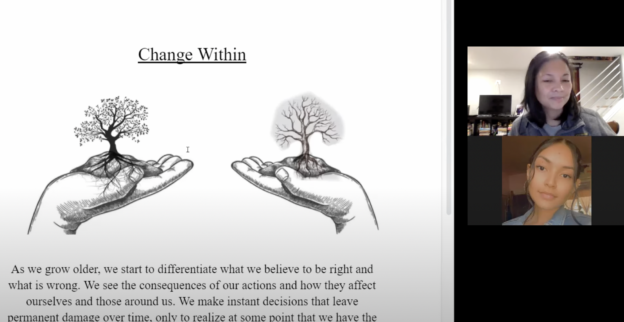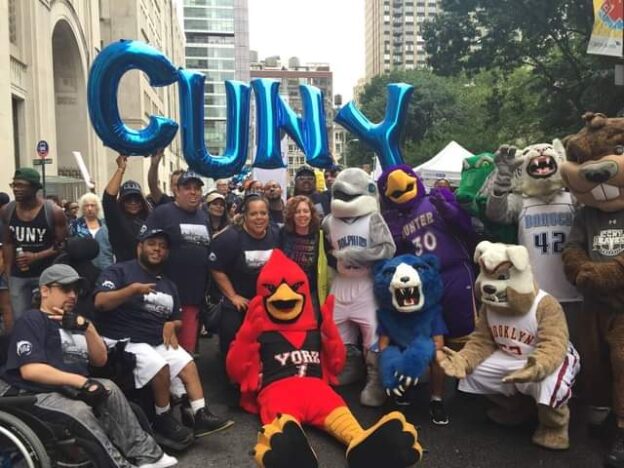This interdisciplinary discussion with poets, cultural scholars, human rights activists, and historians explored the history and current presence of US imperialism in the Caribbean and the Philippines. Central themes included (neo/post) colonialism, its legacies and current experiences, expulsions, racialization, and climate change. Participants also discussed the role of education in resistance and proposed practical applications in educational settings. Raquel Salas Rivera from Puerto Rico discussed and presented queer anti-colonial poetry and spoke about the initiative The Puerto Rican Literature Project that consolidates, reflects and responds to community exchanges of Puerto Rican poets across all regions. Jody Blanco talked about how race and capitalism influenced how Filipino mestizo revolutionary leaders viewed (and invited) US intervention as a transitional force against Spanish colonial rule, with disastrous consequences after the Americans imposed their own imperial designs. Ana María Belique, from the Dominican Republic, discussed the fight against statelessness after ruling 168/13 of the constitutional court that revoked the citizenship of thousands of Dominicans of Haitian descent in 2013.
This event was organized by CUNY professors Fidelito Cortes, Javiela Evangelista, Niberca (Gigi) Polo and Rojo Robles. Student leaders participated as moderators of the final conversation.
Watch a video of the event (captions in English and Spanish)
Vea un video del evento (subtítulos en inglés y español)
This interdisciplinary discussion with poets, cultural scholars, human rights activists, and historians, explores the shared history and ongoing presence of U.S. imperialism in the Caribbean and the Philippines. Central themes include (neo/post) colonialism, its legacies and current lived experiences, expulsions, racialization, and climate change.
Imperialismo, educación y resistencia: experiencias de Puerto Rico, Filipinas y República Dominicana
Esta discusión interdisciplinaria con poetas, estudiosos de la cultura, activistas de derechos humanos e historiadores exploró la historia y la presencia actual del imperialismo estadounidense en el Caribe y Filipinas. Los temas centrales incluyeron (neo/post) colonialismo, sus legados y experiencias actuales, expulsiones, racialización y cambio climático. Los participantes también discutieron el papel de la educación en la resistencia y propusieron aplicaciones prácticas en entornos educativos. Raquel Salas Rivera de Puerto Rico discutió y presentó poesía queer anticolonial y habló sobre la iniciativa El Proyecto de Literatura Puertorriqueña que consolida, refleja y responde a los intercambios comunitarios de poetas puertorriqueños en todas las regiones. Jody Blanco habló sobre cómo la raza y el capitalismo influyeron en cómo los líderes revolucionarios mestizos filipinos vieron (e invitaron) la intervención de los EE. UU. como una fuerza de transición contra el dominio colonial español, con consecuencias desastrosas después de que los estadounidenses impusieran sus propios diseños imperiales. Ana María Belique, de República Dominicana, habló sobre la lucha contra la apatridia luego de la sentencia 168/13 de la corte constitucional que revocó la ciudadanía de miles de dominicanos de ascendencia haitiana en 2013.
Este evento fue organizado por los profesores de CUNY Fidelito Cortés, Javiela Evangelista, Niberca (Gigi) Polo y Rojo Robles. Los líderes estudiantiles participaron como moderadores del conversatorio final.
